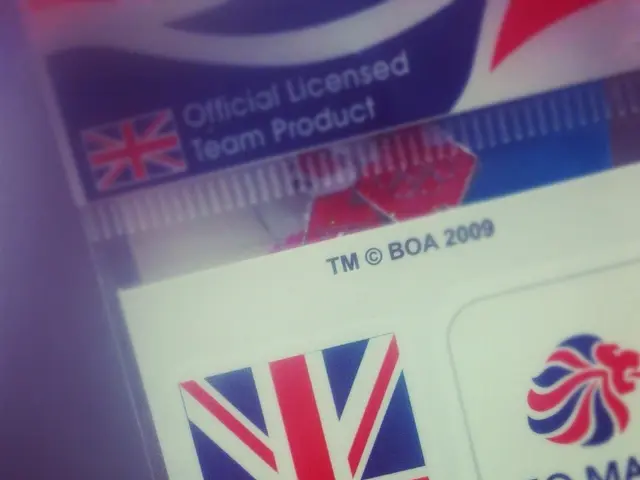Global Automaker Toyota Expands Its Horizons into Food Industry, Offering Pizzas and Croissants
In an innovative move towards expanding the use of hydrogen energy beyond vehicles, Toyota has unveiled a hydrogen-powered stone oven. This groundbreaking appliance, developed in collaboration with Rinnai, is now being utilised for testing purposes by Toyota employees and serves as a practical demonstration of hydrogen's versatility [1][3].
The oven, which has been showcased at events such as the Japan Mobility Show, has proven popular, particularly among children who have expressed interest in it for school projects [2]. The stone oven, employed notably in Toyota’s employee cafeteria to cook pizza, symbolises how hydrogen can be integrated into everyday life for energy-efficient, clean cooking solutions [3].
Toyota's long-established carmaking expertise has been instrumental in the creation of the hydrogen stone oven. The technology for safely supplying and monitoring hydrogen, honed for the Mirai fuel cell vehicle, was also utilised in the oven. Additionally, technologies used to safely control combustion furnaces and paint-drying ovens in car manufacturing were applied to the hydrogen stone oven [1][3].
Kenji Takahashi, a senior expert at Toyota, and Tetsuya Nakajima, another project member from Rinnai, have played crucial roles in identifying potential risks and devising improvements in the development projects. Their engineering skills and hands-on genba expertise are key drivers of Toyota's monozukuri (manufacturing) [1].
However, it is important to note that there is currently no certification system for hydrogen cooking appliances, which adds another layer of difficulty to their creation. The relevant safety standards for hydrogen-powered cooking appliances do not yet exist [1].
Despite these challenges, Toyota remains committed to diversifying hydrogen's role, from fueling heavy-duty FC trucks to powering cooking devices. This commitment is in line with their vision of a hydrogen society where hydrogen is used in multiple facets of life, not just mobility [3]. Atsushi Shirakawa, a project member from Toyota, emphasises that making hydrogen feel like part of everyday life is crucial for creating a hydrogen society [2].
The hydrogen stone oven, with its high combustion temperature, cooks ingredients like mushrooms and vegetables quickly, leaving them bursting with moisture and delicious flavours. Its crispy exterior and succulent interior are testament to its potential as an energy source in the kitchen [1].
In summary, the hydrogen stone oven is both a practical innovation and a symbol of Toyota’s expanding hydrogen ecosystem, aimed at demonstrating hydrogen’s versatility and supporting their overarching research into sustainable energy use and carbon neutrality goals [1][3].
Science and technology play significant roles in the creation and development of the hydrogen stone oven, a practical demonstration of hydrogen's versatility in every day life. Toyota's expertise in carmaking, honed through years of developing technologies like safely supplying and monitoring hydrogen for the Mirai fuel cell vehicle, was instrumental in the oven's design.




